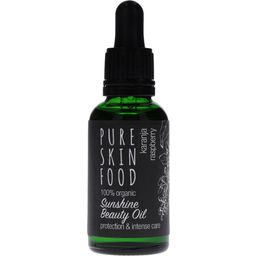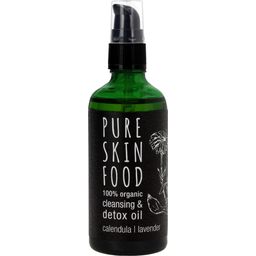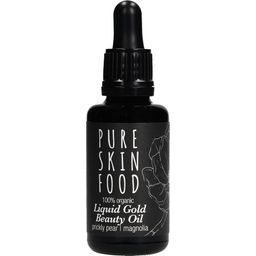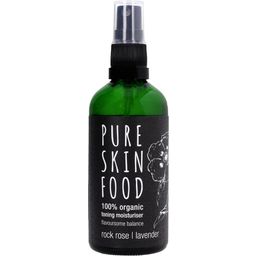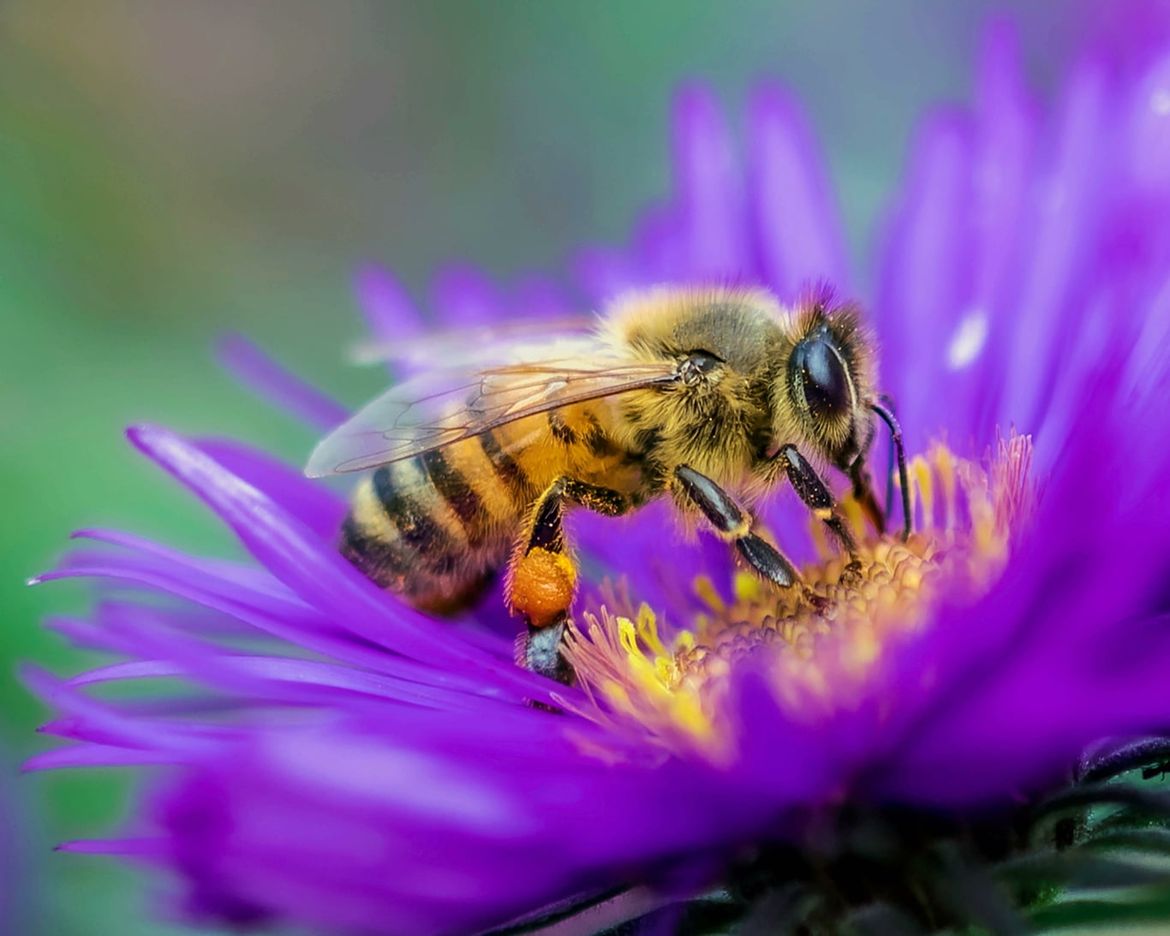

For The Love Of bees: Buy Organic Cosmetics Without Pesticides
Bees are dying at an alarming rate, all over the world. However, a world without bees poses a threat to our food supply.
Bee extinction would also have a negative impact on many other areas of our everyday lives. 75% of global food crops depend on pollination, particularly by bees. But today we also use over 50,000 bee-pollinated plant species for medicinal purposes. In addition, we have already been able to take bee colonies as a model in many other areas, for example in logistics processes, computer programs or social networks.
Reasons for the death of honey bees & wild bees include:
1. Dwindling habitat
The wild bees' nesting opportunities are becoming increasingly rare, as surfaces are sealed and deadwood, which offers the bees an important natural nesting place, is often removed. Around 300 of 560 wild bee species in Germany are therefore already on the red list of endangered species.
2. Lack of food
Monocultures in agriculture reduce the food supply for bees. Other species don't stand a chance in monocultures, and the use of pesticides also kills weeds and wildflowers that grow on field edges, which bees and other animals would normally use for nourishment. Highly cultivated flowers such as roses or geraniums, so-called "double" flowers, unfortunately, contain little or no nectar and pollen, which is why bees cannot feed on them.
3. Toxic pesticides
The use of pesticides in agriculture is increasing. Mainly through monocultures. Pesticides not only kill off pests, but also the bees because they disturb the orientation of the small furry insects and weaken their immune system.
The solution: organic farming
Certified organic farms do not use toxic pesticides. This is one of the reasons why we only use 100% organic certified ingredients for our products. This way we support biodiversity and avoid residues of pesticides in our products. You certainly don't want to apply pesticides to your skin!
In addition, we have settled bee colonies in the garden of our company's building to offer bees a habitat.
In order to stop the death of bees worldwide, a complete rethinking of industry and agriculture is necessary, alongside political measures!
Here are 5 tips on how to protect the bees in your immediate vicinity:
- Only buy organic food, cosmetics and other products. Because organic farming does not use pesticides and is more gentle on the soil and the environment.
- Plant flowers in the garden or on your balcony to create a small bee oasis where they feel comfortable. The prettiest and largest flower aren't necessarily the best; bees like simple varieties. Strawberries, for example, benefit both the bees and you! ;)
- If you have a garden: Always leave a strip of weeds & wildflowers when mowing the lawn so that there is enough food for the bees. Bees love dandelions, ground ivy and daisies!
- Insect hotels offer wild bees a place to nest. Children also love to observe insects and learn about their behaviour, making an insect hotel a great family activity. This also takes away the fear of bees for many and teaches them that the stinging insects are not evil, and also how to behave properly in their presence.
- On very hot days, place a bowl of water for bees to drink from - but be sure to add branches, stones or leaves so that the bees don't drown.
May 20th is World Bee Day: tell your friends and together we can help save the bees!
-
Great Britain: Free standard delivery from £49.90
-
Free
returns We deliver worldwide to
more than 40 countriesSecure payments
with SSL encryption technology
